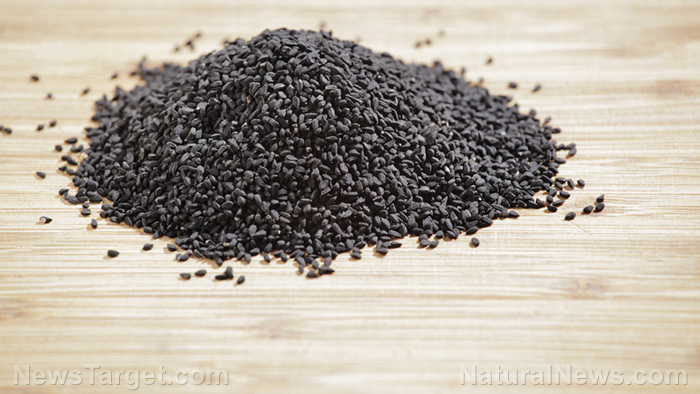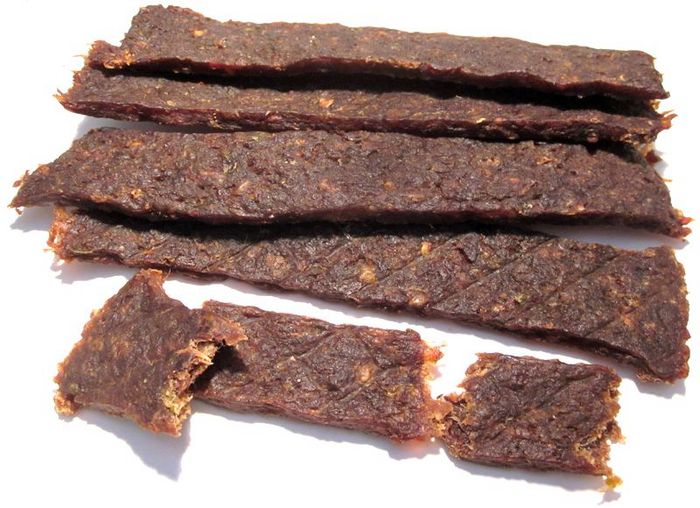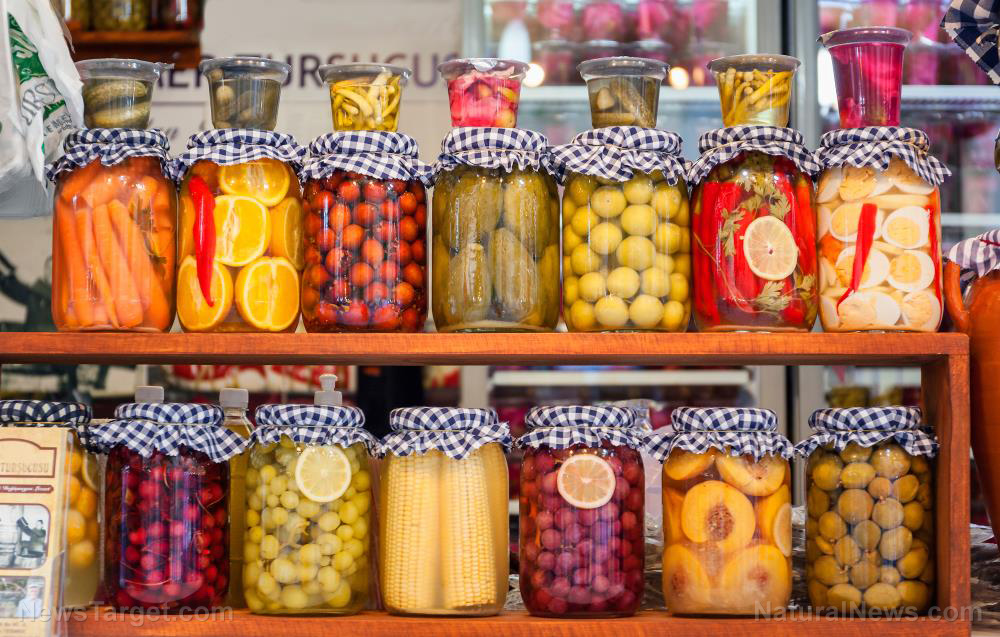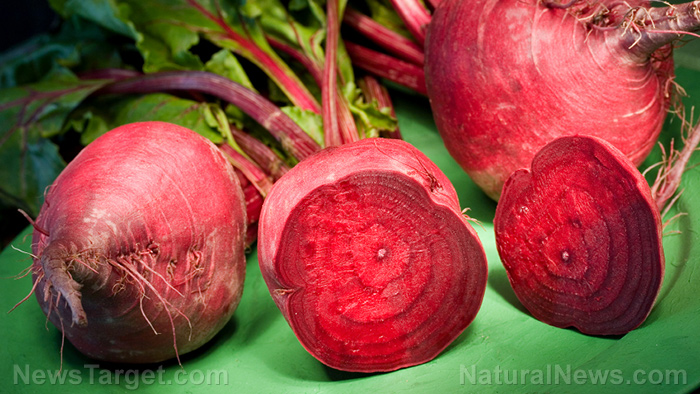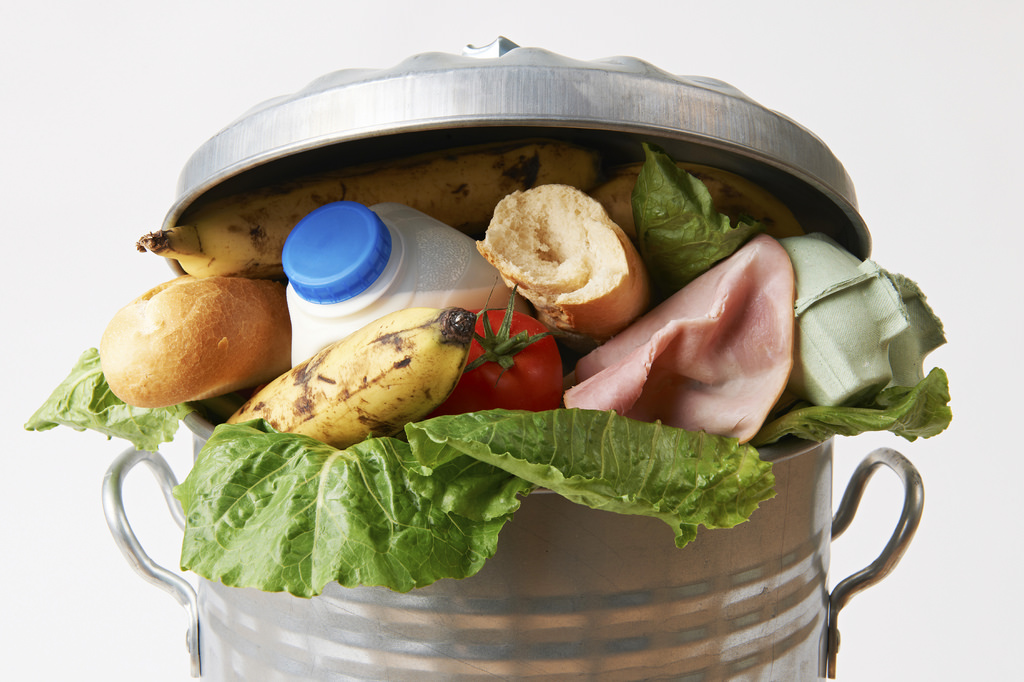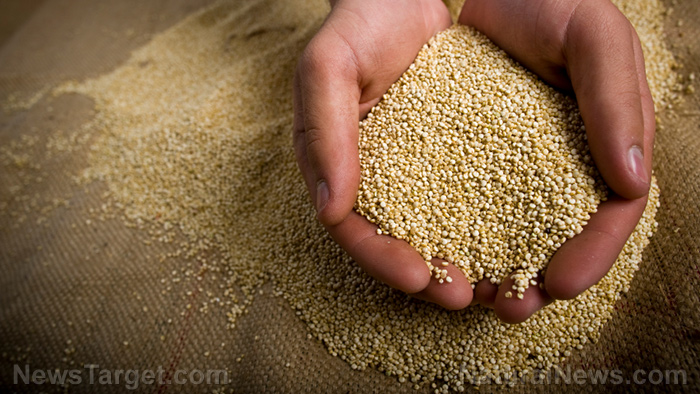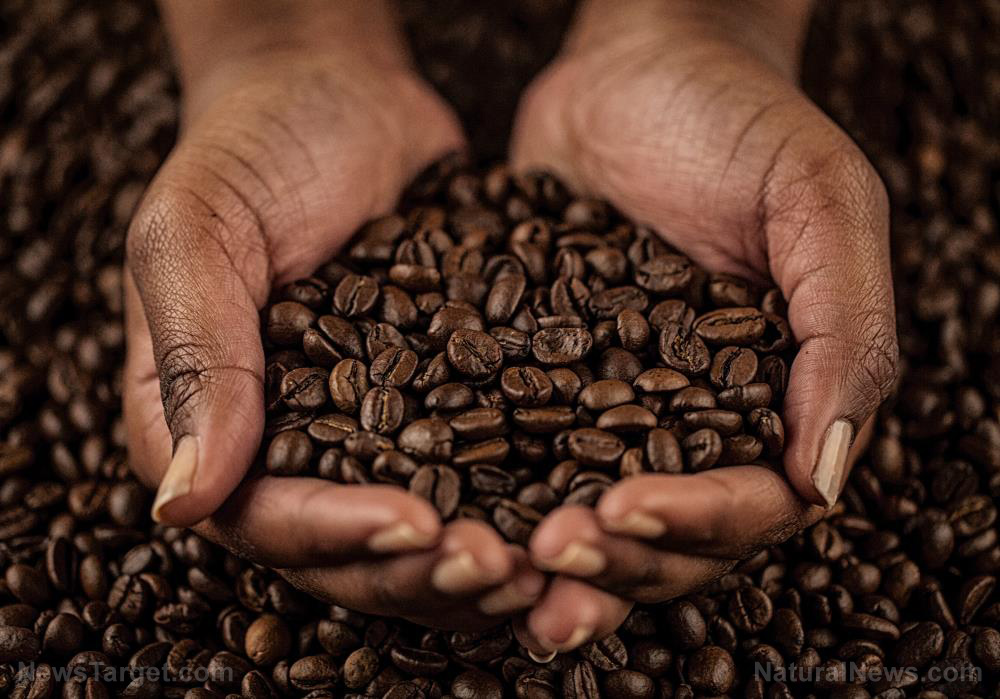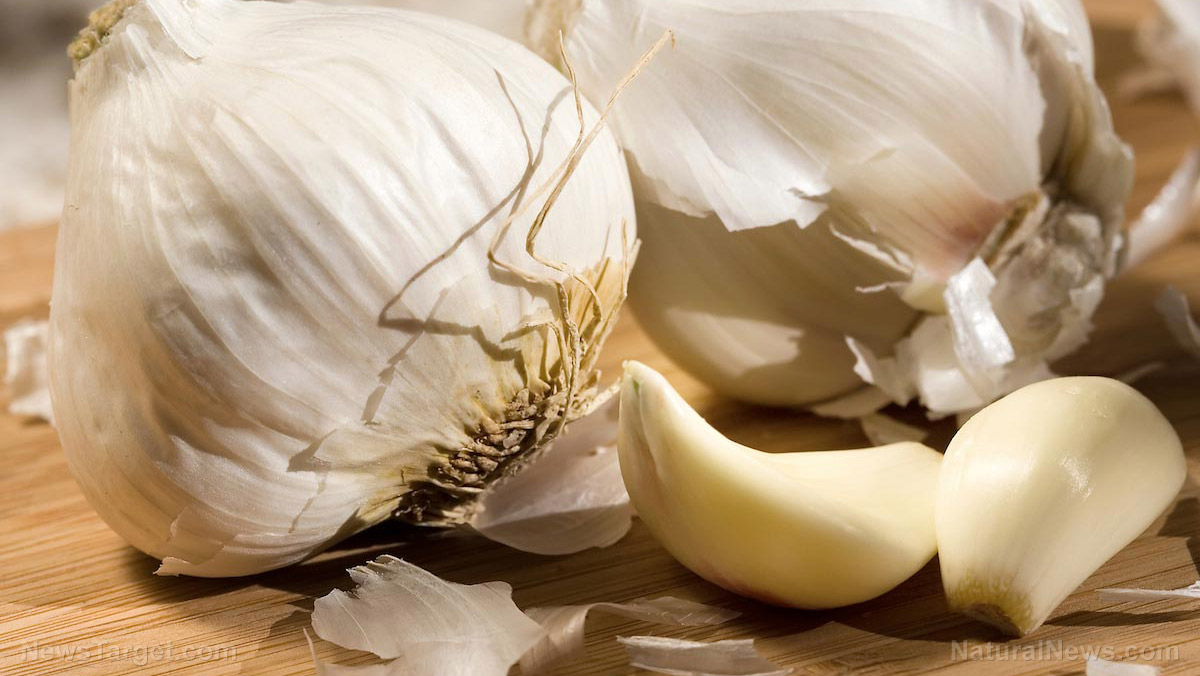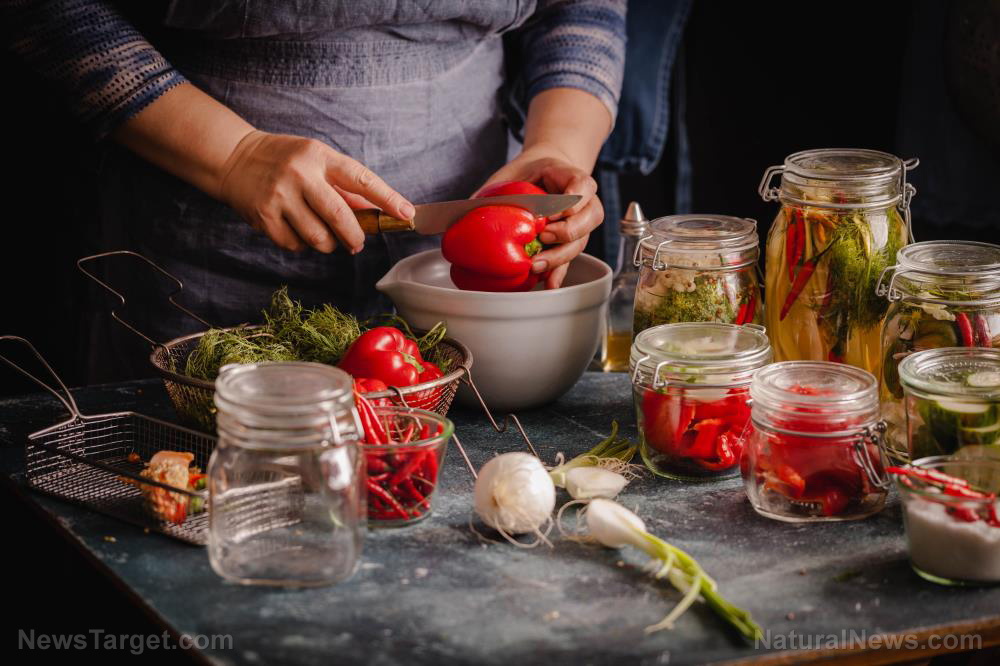Scientists find the moringa leaf to be an effective preservative for meat
11/06/2018 / By Ralph Flores

People have come a long way when it comes to storing meat: From air-drying meat to freezing it on the ice, people have invented machines – and even chemicals – to ensure that meat and other food items stay edible longer. However, researchers from the University of Fort Hare and the University of the Free State in South Africa have found natural options, such as the moringa tree (Moringa oleifera) and black-jack plant (Biden pilosa) in preserving meat.
The act of preserving food is unarguably as old as the human race. It stands to reason: Food begins to spoil the moment it’s harvested from crops or culled from livestock. To get around this predicament, our ancestors made the best of the methods available to them, be it extreme heat or cold, and live through the lean season. It’s what also helped them settle in places and build communities.
More recently, meat preservatives have been the industry standard for prolonging food, as this can prevent oxidation, enzymatic reaction, and pathogen growth. However, a lot of consumers have raised their concerns over the use of chemical preservatives such as butylated hydroxytoluene (BHT), tertiary-butylhydroquinone and butylated hydroxyanisole because of their risk to human health, as well as their toxicity.
Researchers focused on the moringa tree and the black-jack plant – which have been widely discussed as potential functional ingredients to improve human health. Traditional forms of medicine, as well as more recent studies, have identified a lot of uses for these plants, either as food or medical components. In particular, studies have also noted the antimicrobial activity of the two plants, based on tests involving foodborne pathogens such as Klebsiella, Bacillus, Pseudomonas, Staphylococcus, Salmonella and Escherichia coli. In this study, the team looked at using the antimicrobial effect of the plants to preserve meat.
“The preservative effect of medicinal plants is apparently related to the presence of polyphenols in the plants,” they explained.
To put their theory to the test, researchers directly compared the plants with commercial preservatives to see how they stacked up. Leaf extracts from both the moringa tree and the black-jack plant were derived and added to ground beef. Together with ground beef treated with BHT, the samples were all kept in cold storage for six days.
Researchers found that ground beef that was treated with the moringa leaf extract contained higher phenolic and flavonoid content than those that were treated with black-jack extract. However, both extracts were able to inhibit bacterial growth, with both being highly effective against Escherichia coli and Shigella flexinerii. In addition, beef that had moringa leaf extract had a lower bacteria count than that of beef treated with BHT during storage.
Based on the findings, the researchers concluded that leaf extracts from both the moringa tree and the black-jack plant have antibacterial activity and that moringa leaf extracts could be used as a natural meat preservative. “The application of M. oleifera extracts in ground beef revealed that this plant is a promising candidate as natural antimicrobial agent in meat industry,” they added. (Related: Moringa – the Food of Nutrition that can Support your Health.)
Other natural ways to preserve food
Aside from the two mentioned above, there are other ways to naturally preserve food:
- Lemon juice. The vitamin C that is found in lemons is a potent antioxidant that not only helps fights free radical damage in the body but also prevents spoilage and rotting in food. It’s best used in fruits and vegetables to preserve them while maintaining their color.
- Pickling. The acetic acid in vinegar is a natural antimicrobial, which accounts for the long shelf life of pickled food.
- Rosemary extract. A powerful preservative, the antimicrobial activity of rosemary is because of carnosic and rosmaranic acid, potent antioxidants which prevent food spoilage.
Learn more about natural ways to preserve food by following Food.news today.
Sources include:
Tagged Under: beef, cold storage, food science, Food storage, meat preservatives, meat storage, Moringa oleifera, natural preservatives


